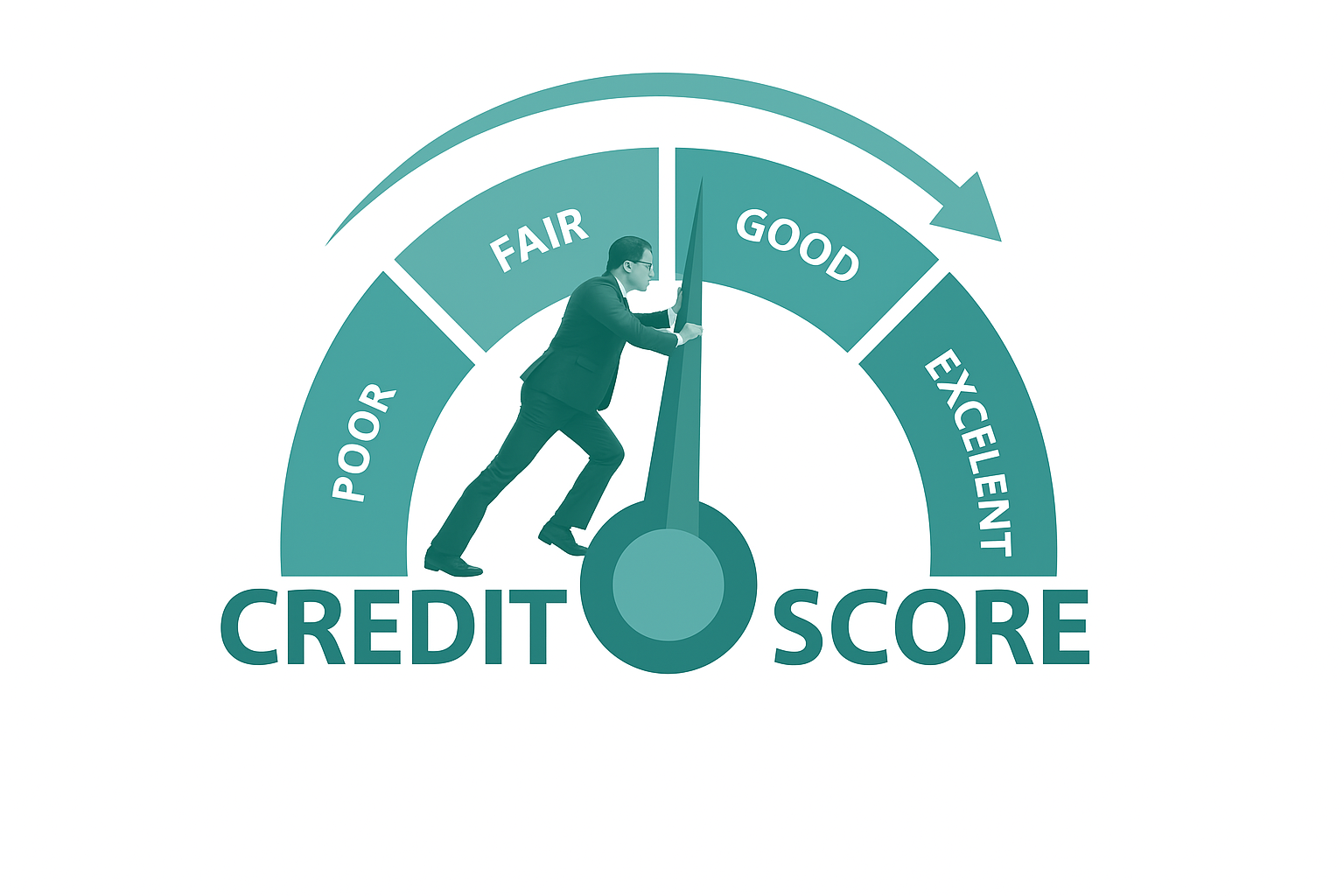Securing a home loan can be a complex process for anyone, but for self-employed individuals, it often presents unique challenges. Unlike traditional employees who can easily provide pay slips and steady income histories, self-employed borrowers must navigate a different set of requirements and considerations. It’s important to explore key aspects of obtaining a home loan when self-employed, the critical role of specialised mortgage brokers that understand self employed, and why the end of the financial year is an important time to review your home loan.
Understanding the Challenges for Self-Employed Borrowers
Self-employed individuals face a distinct set of hurdles when applying for a home loan:
- Income Verification: Traditional lenders typically require consistent and predictable income documentation. Self-employed borrowers must provide comprehensive financial statements, including tax returns, profit and loss statements, and sometimes additional documentation like bank statements or client contracts.
- Fluctuating Income: Many self-employed individuals experience variable income. Lenders often average income over a few years, which can sometimes disadvantage borrowers whose recent earnings have increased.
- Deductions and Write-Offs: While business expense deductions can reduce taxable income, they can also lower the income considered by lenders, potentially affecting borrowing capacity.
The Role of Specialised Mortgage Brokers
Working with a mortgage broker who specialises in self-employed clients can be invaluable. Here is why:
- Expertise in Self-Employment Finances: These brokers understand the intricacies of self-employment income and can help present your financial situation in the best possible light to lenders.
- Access to Diverse Lenders: Specialised brokers have relationships with a variety of lenders, including those who offer more flexible criteria for self-employed borrowers. This increases the chances of finding a suitable loan product.
- Tailored Advice and Options: A broker can provide personalised solutions on structuring your loan to suit both your personal and business needs, ensuring you get the most favorable terms.
Preparing for the End of the Financial Year
As the financial year ends, it’s a critical time for self-employed individuals to review their home loans. Here is why:
- Evaluate Your Loan Structure: Ensuring your home loan is structured correctly can optimize both your personal and business finances. This might involve reassessing whether your loan should be interest-only or principal and interest, and considering the benefits of fixed versus variable rates.
- Review Interest Rates: The end of the financial year is a good opportunity to compare your current interest rate with market rates. A lower rate can result in significant savings over the life of the loan.
- Check Lender Policies: Lender policies and products can change. Reviewing your home loan annually ensures that your current lender still meets your needs and that you are not missing out on better options.
- Tax Planning: Aligning your home loan strategy with your tax planning can provide additional financial benefits. For instance, interest on loans used for investment purposes may be tax-deductible.
For self-employed individuals, navigating the home loan process requires careful planning and the right support. By working with a mortgage broker who specializes in self-employed borrowers, you can access tailored advice and a broader range of loan options.
As the financial year comes to an end, it’s essential to review your home loan to ensure it remains aligned with your financial goals, providing the right structure, rate, and lender to support both your personal and business success.
If you would like help looking at your options and making sure you have the right lender and rate for your situation – chat to us today





